
MORE THAN JUST JOINT HEALTH: THE INCREDIBLE HEALTH BENEFITS OF GLUCOSAMINE
As the medical field evolves, we constantly discover new and incredible health benefits of common, everyday items. One such item is glucosamine. Glucosamine is a sugar molecule found in the human body—specifically in cartilage—and in certain foods like shellfish. It has been used as a supplement to treat joint pain and arthritis for years. However, recent studies have also shown that glucosamine can positively affect heart health, brain function, and blood sugar levels.
Today, plenty of supplements, creams, and gels that contain glucosamine are available, but is it worth the noise? What is this sugar molecule, and what are its potential health benefits? Keep reading as we explore the many benefits of taking glucosamine, beyond joint health.

WHAT IS GLUCOSAMINE?
Glucosamine is a sugar molecule classified as an amino sugar. It is found in the human body and in certain foods like animal bones, fungi, and shellfish. It works as the building block for the body's range of functional molecules, including glycosaminoglycans and proteoglycans, which are essential for forming and repairing cartilage.
Glucosamine is produced naturally in our bodies, but its levels tend to decrease as we age. This can lead to age-related problems, such as joint pain and arthritis. However, glucosamine supplements can help replenish these levels, providing relief from these conditions.
Essentially, the most common types of supplemental glucosamine are glucosamine sulfate and glucosamine hydrochloride. These types are prescribed for treating and managing osteoarthritis, multiple sclerosis, rheumatoid arthritis, and joint pain.
In addition to being taken orally as a supplement, glucosamine is available in creams and gels that can be applied directly to the skin. When used topically, it can help reduce inflammation and joint pain.
BENEFITS OF GLUCOSAMINE
Now that we know a little more about glucosamine and how it works, let's look at some of the potential health benefits of taking this supplement. Science shows that glucosamine may help treat a wide range of chronic inflammatory conditions, such as:
INFLAMMATORY BOWEL DISEASE
Some evidence suggests that glucosamine can help reduce the symptoms of inflammatory bowel disease (IBD) symptoms, including Crohn's disease and ulcerative colitis. For example, one study showed that rats with IBD who were given glucosamine significantly reduced intestinal inflammation. In addition, another study found that glucosamine may help repair the gut lining in people with IBD [1]. However, more research is needed to confirm these effects in humans. If you are considering taking glucosamine for IBD, speak to your doctor first.

INTERSTITIAL CYSTITIS
Interstitial cystitis is a condition that causes bladder pain and pressure. Studies have found that taking glucosamine may help reduce the symptoms of interstitial cystitis, such as urinary frequency and urgency.
One study revealed that women with interstitial cystitis who took glucosamine sulfate for six weeks had a significant reduction in pain compared to those who did not take the supplement[2].
GLAUCOMA
Glaucoma is a condition that damages the optic nerve and can lead to vision loss. Studies have found that taking glucosamine may help to protect the optic nerve from damage and may even help to reduce intraocular pressure (IOP), which is a risk factor for glaucoma[3].
One study showed that people with primary open-angle glaucoma who took glucosamine had a significant reduction in IOP compared to those who did not take the supplement. However, unprescribed consumption of glucosamine is not recommended for glaucoma patients, as it may interact with other medications.

MULTIPLE SCLEROSIS
Multiple sclerosis (MS) is a condition that affects the central nervous system. Studies have found that taking glucosamine may help reduce the symptoms of MS, such as fatigue and muscle weakness[4]. Additionally, a glucosamine-like dietary supplement suppresses the damaging autoimmune response seen in multiple sclerosis, according to a UC Irvine study[5].
While some evidence suggests that taking glucosamine may offer some health benefits, it's important to remember that this supplement is not suitable for everyone.
Most of the research on the benefits of glucosamine has been conducted on animals. Still, there is some evidence that it may also be beneficial for humans. More research is needed to confirm these effects.
THE BOTTOM LINE
Glucosamine is a popular supplement with numerous proven benefits for joint health, making it one of the top supplements for athletes and people suffering from joint pain. However, there are several other potential health benefits associated with taking this supplement, such as reducing the symptoms of inflammatory bowel disease, interstitial cystitis, and multiple sclerosis. More research is needed to confirm these effects in humans. Still, the preliminary results deliver hope for other benefits of this harmless and relatively cheap supplement. FLEXIBLE—LEMAlab's supplement targeting joint health—contains 750mg of glucosamine sulphate per single dose.





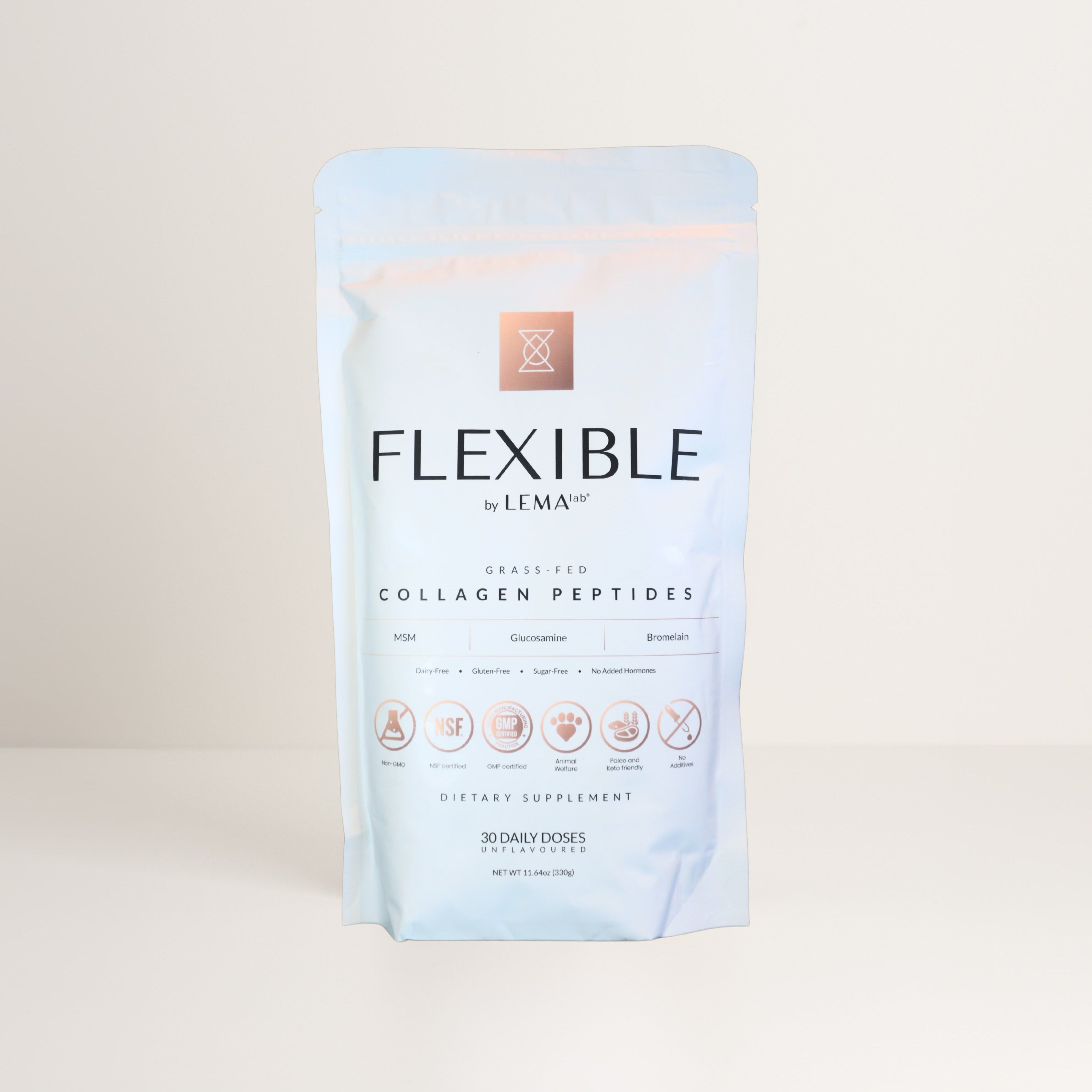

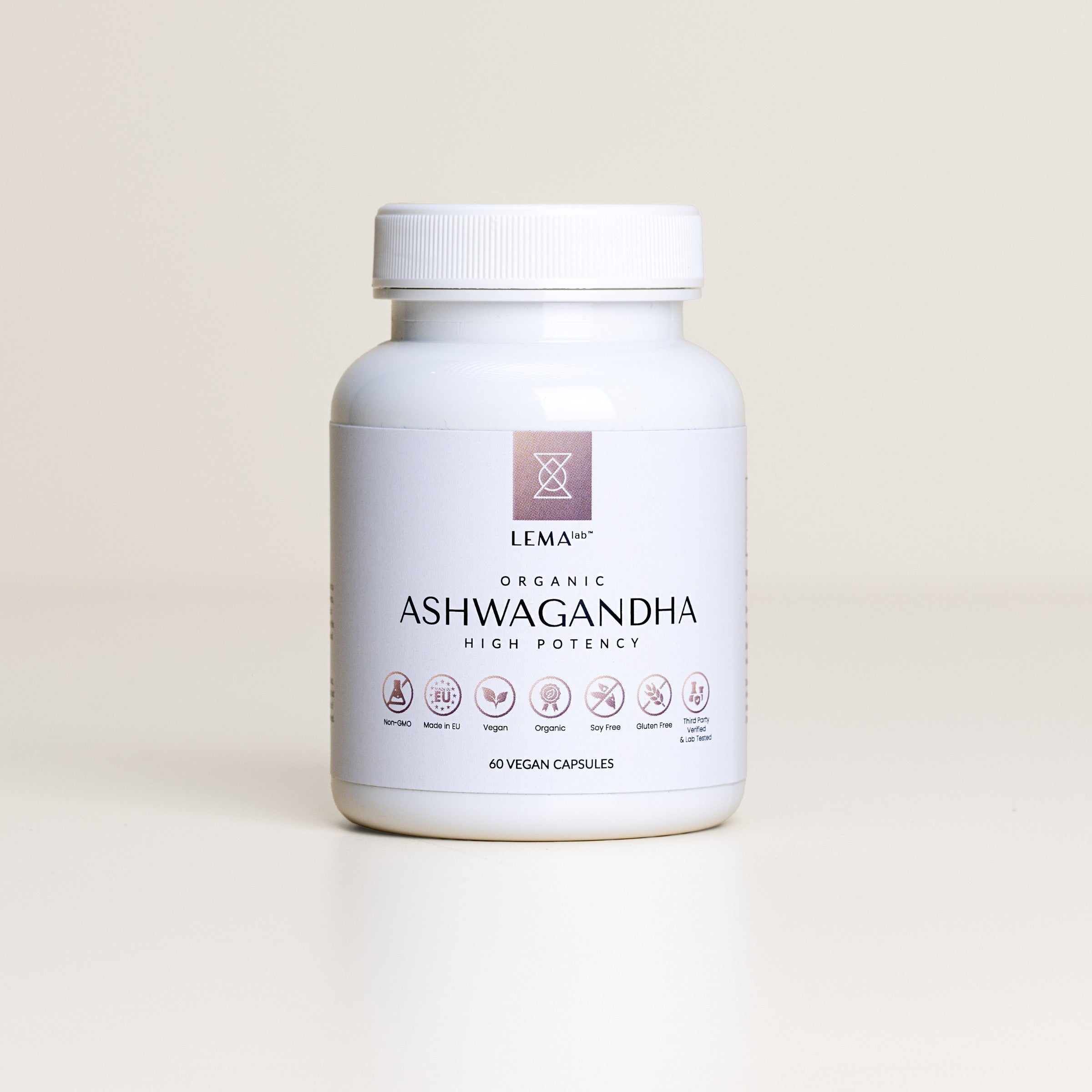
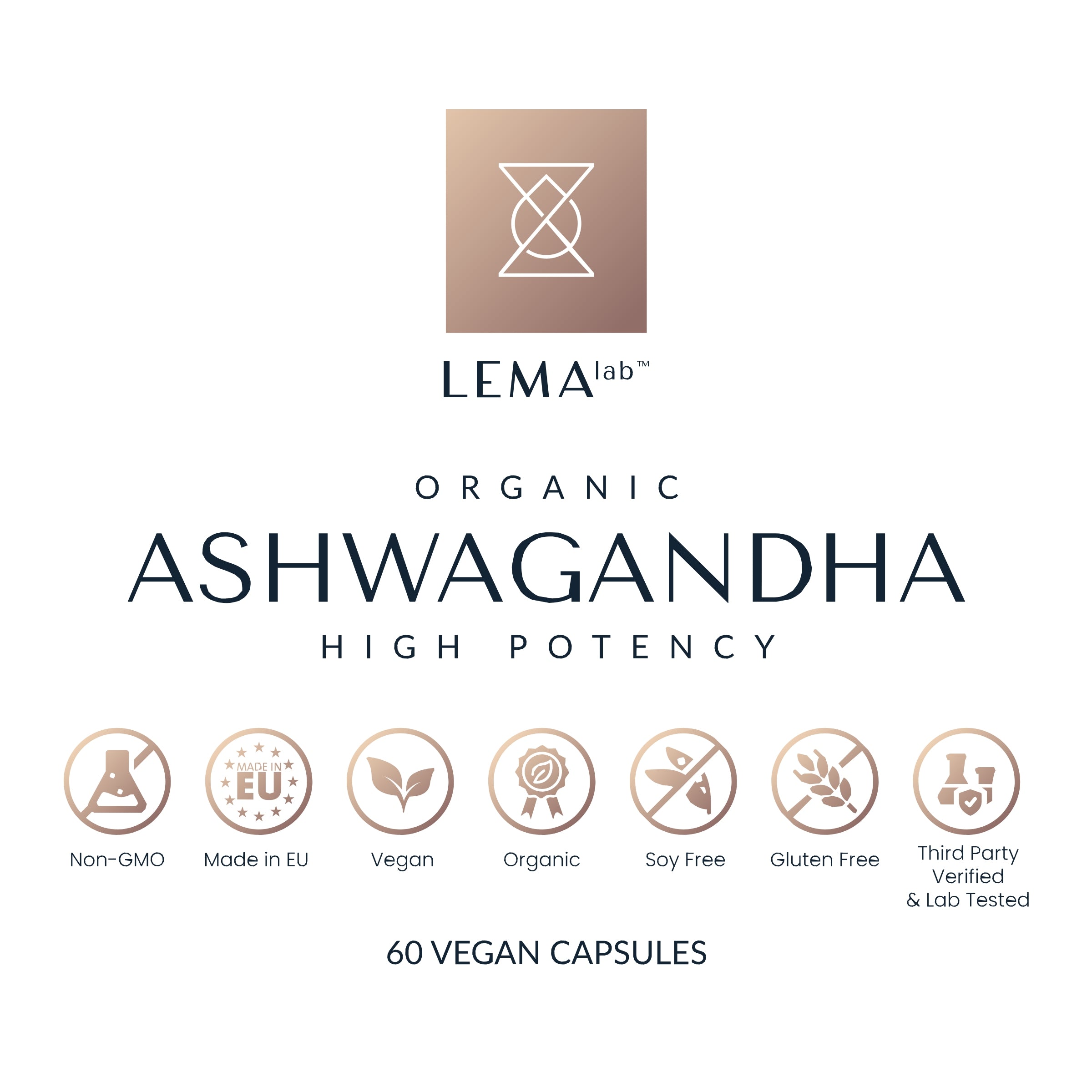
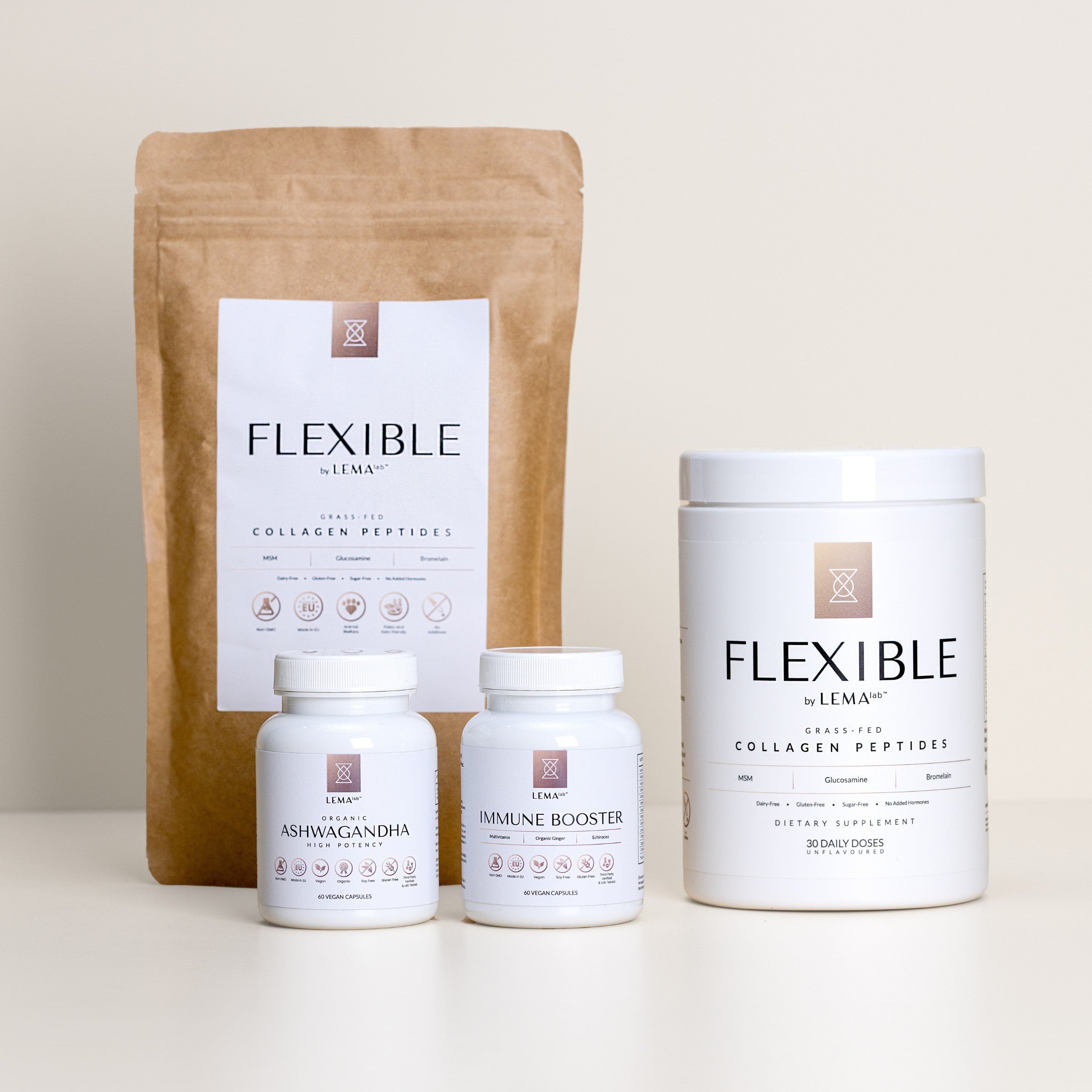

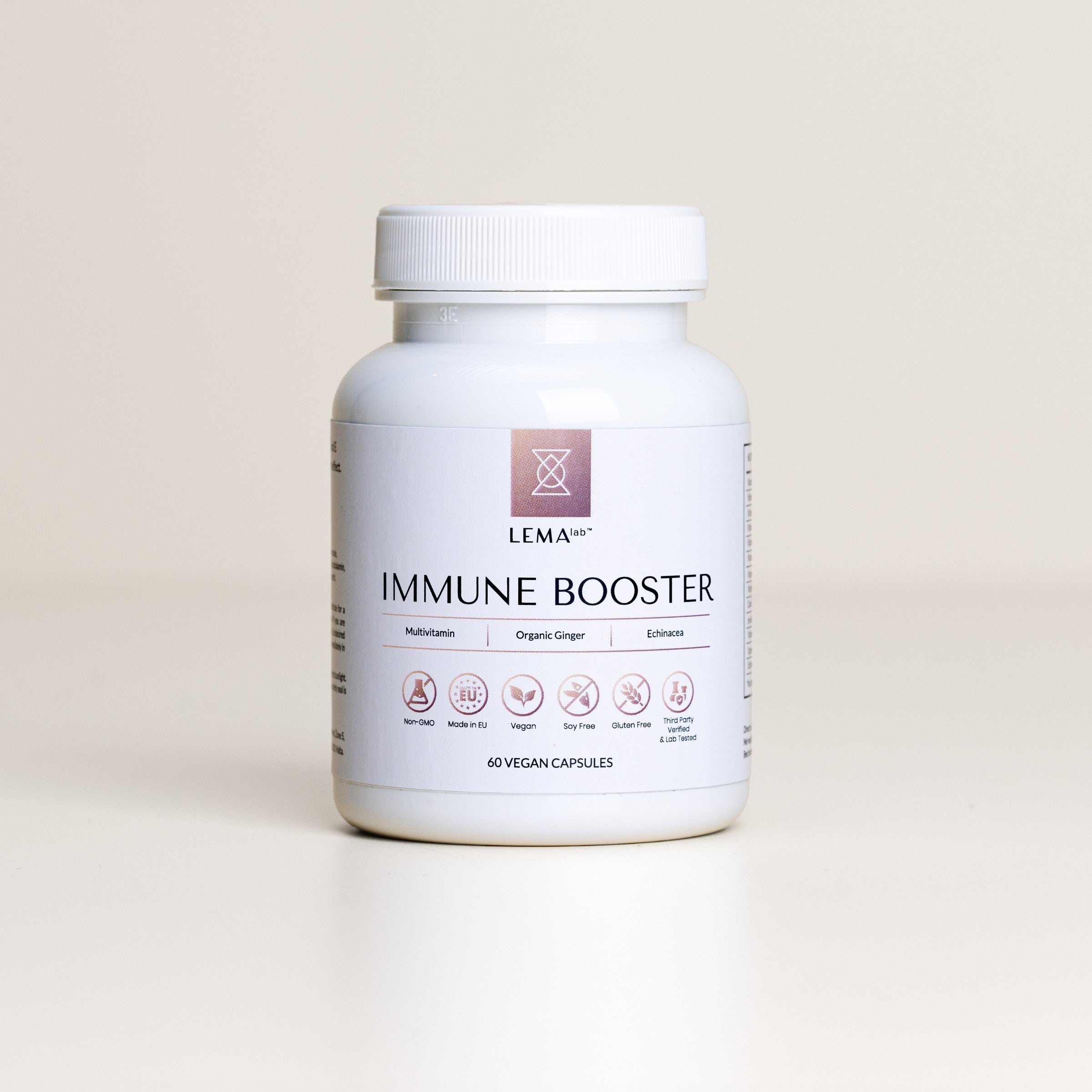
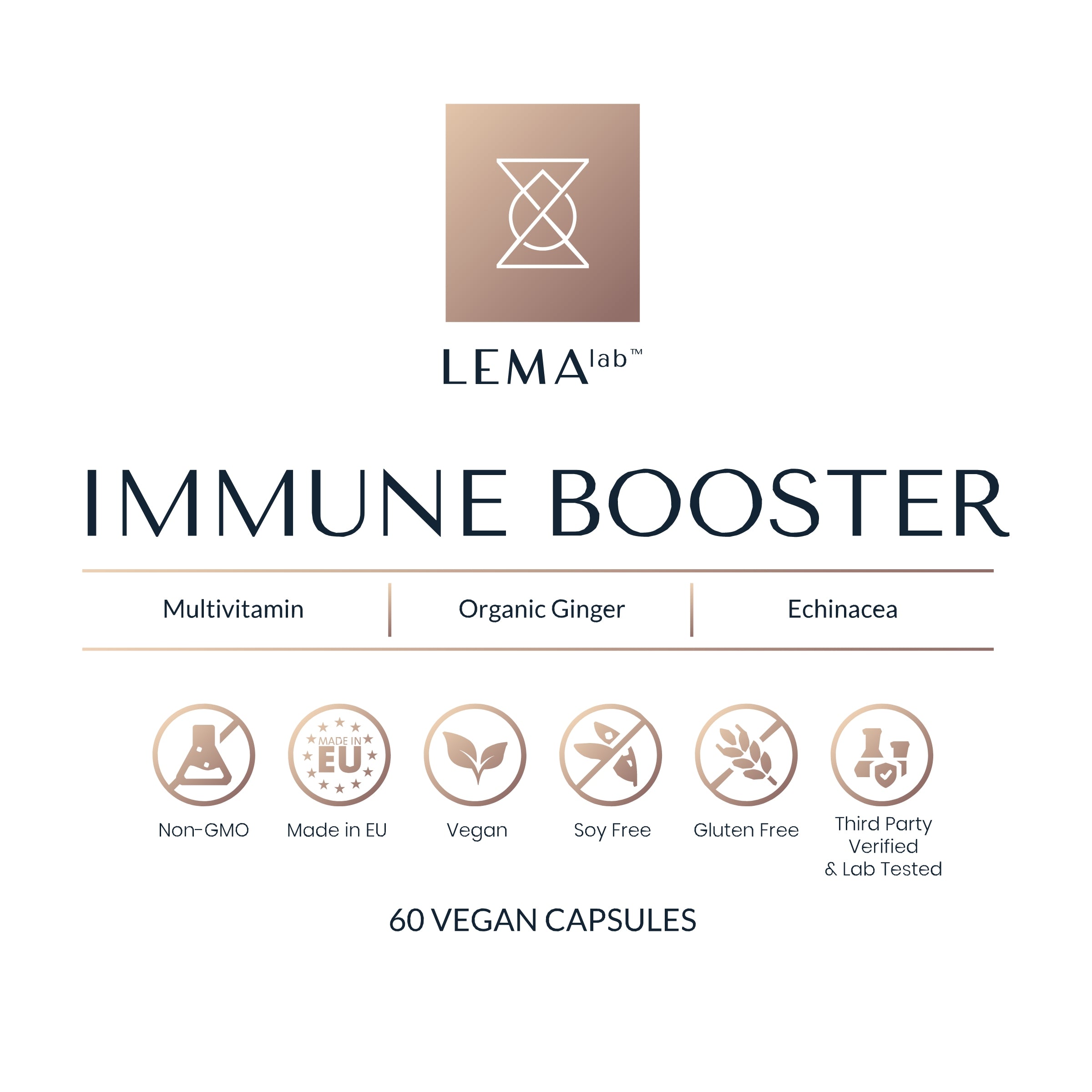

Leave a comment
This site is protected by hCaptcha and the hCaptcha Privacy Policy and Terms of Service apply.